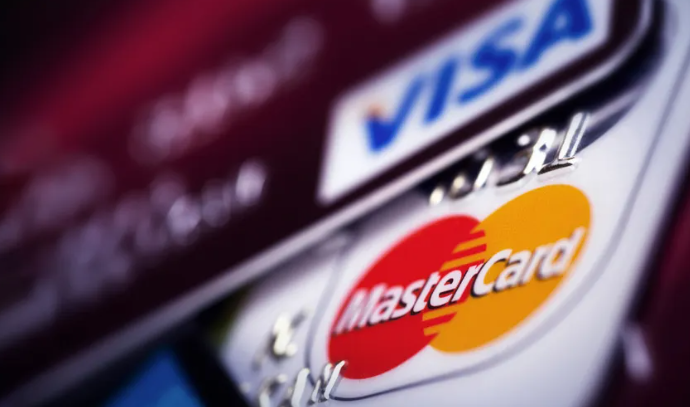In a surprising move, Visa and Mastercard have settled a two-decade-long legal battle by agreeing to lower credit card fees paid by merchants. The decision, which is one of the largest in US antitrust history, will see both firms reduce the charges that businesses pay to accept credit cards, known as ‘swipe fees’ or interchange fees.
Under the settlement, Visa and Mastercard will lower published swipe fees by four basis points for at least three years. Additionally, they have committed not to raise these fees for five years from their 2023 levels. This move could potentially save US merchants an estimated $30 billion over the next five years.
Robert Eisler, co-lead counsel for the plaintiffs, expressed satisfaction with the settlement, stating, ‘This settlement achieves our goal of eliminating anti-competitive restraints and providing immediate and meaningful savings to all US merchants, small and large.’
However, the settlement is still subject to approval by the US District Court for the Eastern District of New York.
One of the key issues raised by retailers has been the high ‘swipe fees’ they are charged in the US compared to other countries. While fees in the US average 2.24 percent of the total transaction, they can go as high as 4 percent for premium travel and rewards cards. In contrast, the EU capped fees at 0.3 percent in 2015.
According to industry publication The Nilson Report, merchants paid a staggering $93 billion in Visa and Mastercard fees in 2022, up from approximately $33 billion in 2012. This increase underscores the significant impact that swipe fees have on businesses.
Despite Visa and Mastercard setting the fees, it is the banks that issue the cards that benefit the most financially. For instance, JPMorgan Chase raked in $31 billion in interchange and merchant processing income last year. After accounting for customer rewards, payments to partners, and other costs, the bank’s total card income amounted to $4.8 billion.
The dominance of Visa and Mastercard in the US market, controlling about 83 percent, has led to concerns about their monopoly on swipe fees paid by retailers. This settlement marks a significant step towards addressing these concerns and providing relief to businesses across the country.
(Source: Bloomberg | WSJ | Market Watch)









